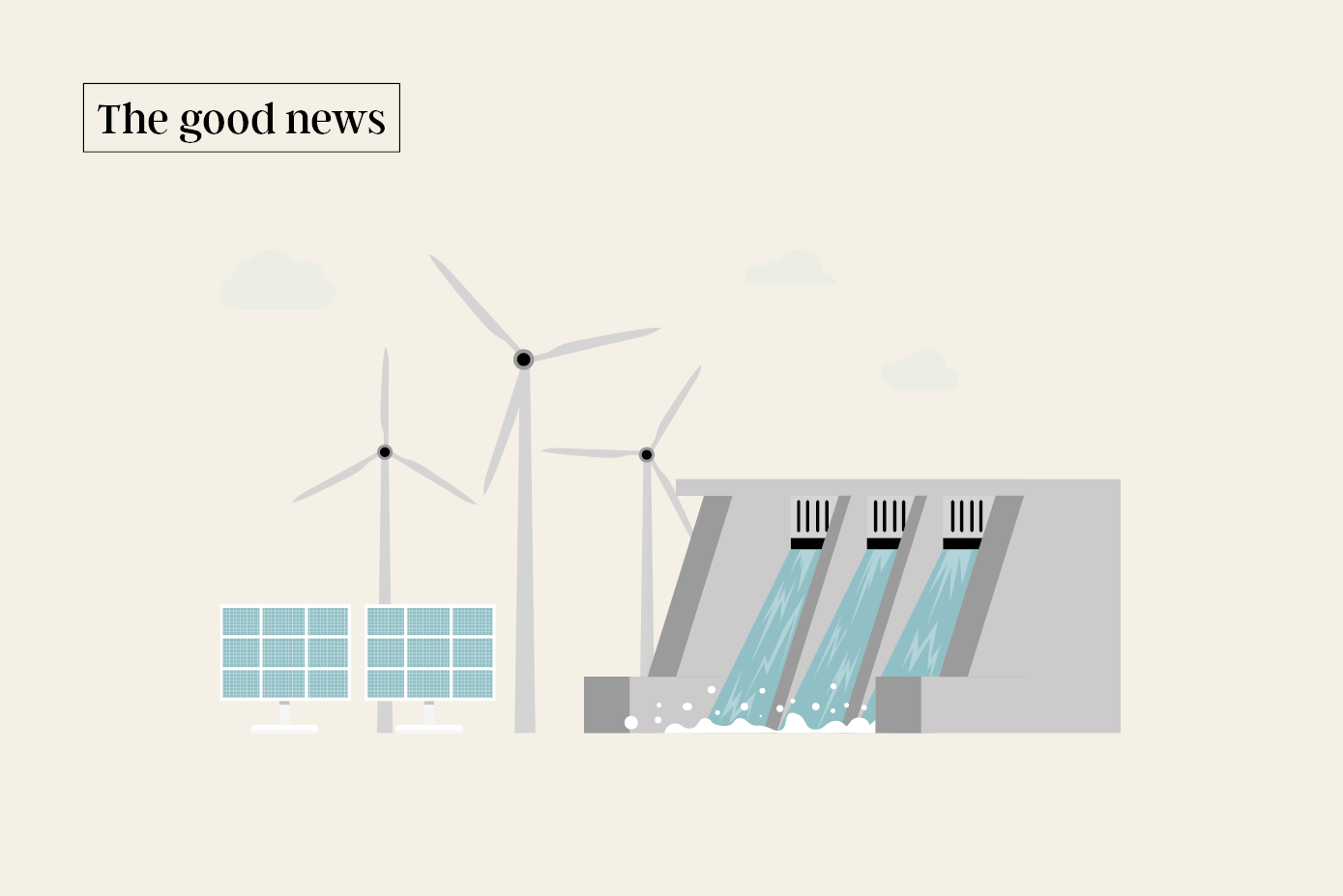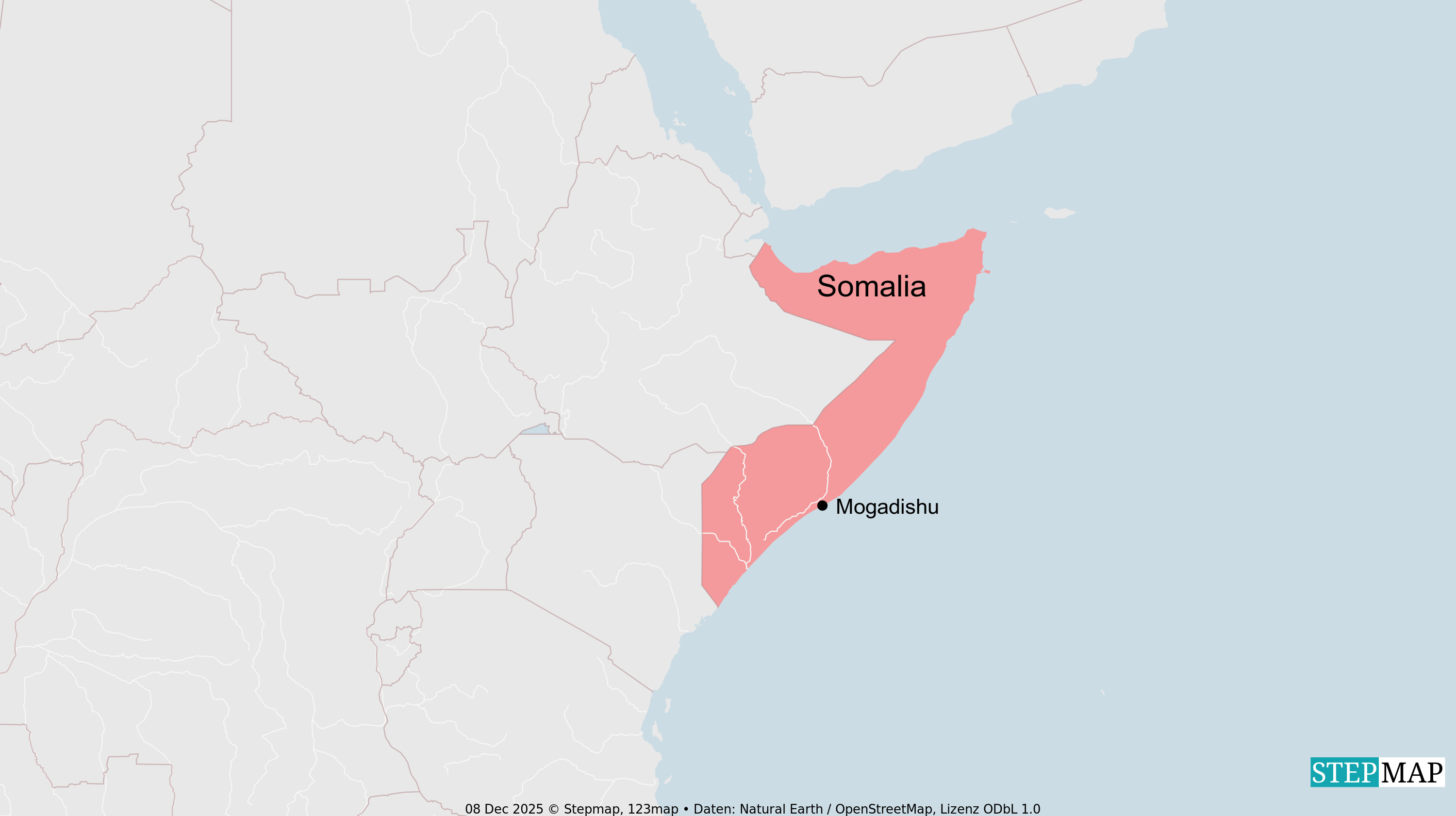Editorial
Eyes closed
In Germany, we have a ridiculous tradition of making fun of ineffective government institutions in Italy. The irony is that many laws are not strictly enforced in Germany either. Many of the women who clean households in West Germany’s prosperous cities do not have a legal work permit, and a large share of them does not even have a permit of residence. Illegal migration is common in all rich nations.
The European Union has been discussing immigration policies for many years. The results remain unconvincing. We still lack regulations that would allow everyone able to find gainful employment to do so legally. Politicians shy from the issue – even though Europe’s aging societies will obviously depend on young immigrants in the near future. Nor does it make much difference that European industries benefit from foreigners’ skills, be they nurses or computer scientists.
To many governments, immigration remains a touchy topic because populists are fanning fears. Don’t foreigners take away Europeans’ jobs? Isn’t Europe flooded by refugees already? And what about crime?
Yes, integration can prove problematic. But take a close look at European cities, and it fast becomes evident that migration is proof of success, not failure. Centres of migration – London, Paris, Milan or Frankfurt – tend to be prosperous and productive hubs of commerce and industry. That is the way things have always been. People flock to where they hope to make a living or even find a fortune. And the metropolitan centres that attract migrants benefit in many ways.
In the long run, this is about win-win situations. Host countries make use of additional workers, sending countries benefit from remittances. Cross-border business serves all countries involved, and so does cultural exchange. Diaspora communities from fragile states can even contribute to peace building back home.
In truth, it is poor nations, not wealthy ones, that suffer real migration woes. Consider Chad, where people from Sudan’s Darfur region have been fleeing to for years, hoping to escape violence. Consider Pakistan, a country that that has had to cope with a massive long-term influx of Afghan refugees. In such cases the newly arrived indeed compete with local communities for basic resources such as firewood, water and food. The social fabric in countries like Chad and Pakistan is normally quite weak, so desperate and angry migrants from neighbouring countries often contribute to plunging host countries into crisis too. That is certainly not a risk European countries face.
There are two drivers of migration: short-term disasters and long-term disparities. In the past decades, disparities have grown all over the world – between regions, nations and entire continents. At the same time, the number of catastrophes has increased. Climate change will add to both short-term emergencies and long-term disparities.
Migration is thus likely to increase. It doesn’t make sense to close one’s eyes to these trends. Depressingly, the leaders of the most powerful nations seem to either to be doing just that – or resorting to symbolical action as in Italy.








